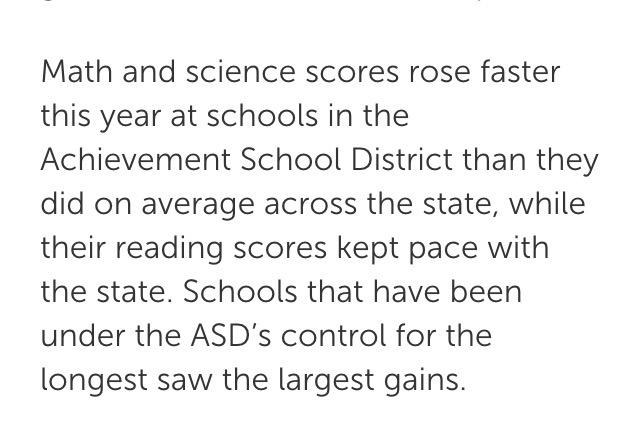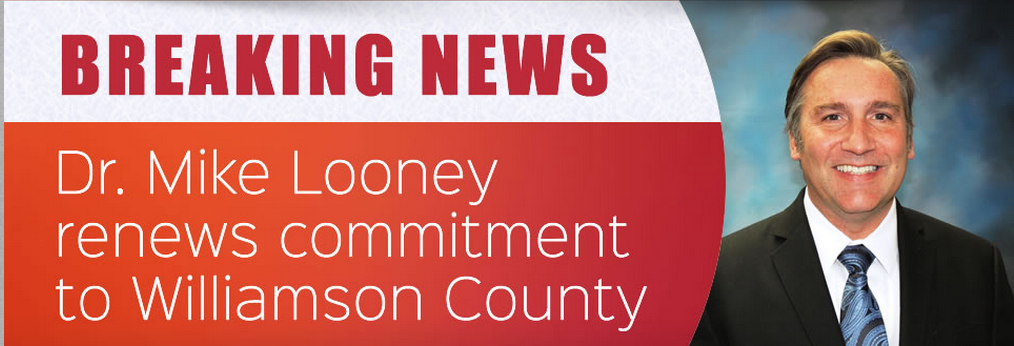This article was submitted by Becca Leech, a Tennessee teacher with more than 20 years of experience. Read more about her here.
There’s an old story that goes something like this: American schools are in trouble. Our students lag so horribly behind the rest of the world academically that soon we won’t be able to keep pace. And why? Because our schools are full of bad teachers: lazy, mean, stupid teachers who don’t care about students and just want a cushy job where they have summers off. Unions protect these bad teachers so that schools can’t fire them and replace them with better ones, so our schools have become permeated with useless teachers who ruin the whole system and hold our students down.
I’ve taught special education in public schools since 1993, from inner-city Nashville to suburban Murfreesboro to rural McMinnville and, while every school has a few ineffective teachers, most of the teachers I have worked with have been smart, dedicated, and hard-working. These teachers continue to work every day to improve our schools, despite the demoralizing wounds of repeated volleys of the “bad teacher” narrative, so easily lobbed at us by the media, parents, students, and administrators. Last week, I even read it repeated by (of all people) a fellow special educator, in (of all places) this blog that I believed to be pro education – the Tennessee Education Report. Here is what Zack Barnes wrote:
“I am a special education teacher at a North Nashville middle school. Our fifth graders come into fifth grade already behind. It’s our job to catch them up during the middle school years before we send them off to high school. That shows me that we have dropped the ball along the way to middle school. We have come to a point where it’s okay that students come in to middle school behind. That shouldn’t be okay.
There are bad teachers and they should not be in the classroom. There isn’t more I can say about this. Every career field has bad workers, and the teaching profession is no different.”
This from a teacher who has been hired for the sole purpose of helping students with disabilities. When he accepted his position, was he unaware that students are only referred for our special education services when they have academic delays that cannot be addressed by the general curriculum? Was he unaware that student achievement, like all other human characteristics, spans a broad spectrum?
Our job as special education teachers is to accept the students referred to us – all of them, as they are – to assess their strengths and weaknesses, and to develop and implement appropriate educational plans to help them all learn. It’s not our job, and is counterproductive for our schools, to look for someone to blame for student delays. We don’t blame the persistence of illness in our communities on the bad doctors (although we know that some exist), so how do we find it so easy to blame all academic delays on bad teachers?
The Origins of the Narrative
Most of us were once students, and teachers were the face of the educational system to us. We experienced schools and teachers through immature eyes and often developed misperceptions of the roles and motivations of the teachers who taught us. Students who didn’t have good school experiences often caricaturized teachers as mean task-masters who didn’t like kids and just wanted to make them work hard or get them into trouble. Although it was often the structural problems with our educational system that we found frustrating or unfair as students – problems that were at least equally frustrating for our teachers – it was the teachers we saw as the cause. It’s easy for those who want to undermine public education for political or personal gain to play on these unconscious prejudices and transfer the problems with our educational structure directly into the laps of teachers as individuals.
In recent years, there has been a growing effort underway to undermine public education for just such purposes, and it is taking the form of a direct attack on teachers. The documentary Waiting for Superman brought the “bad teacher” narrative into our public consciousness. Politicians and news commentators have repeated the story as fact, ignoring all evidence offered against it. I have only recently begun to hear a backlash – teachers, parents, and students stepping forward to question the truth and usefulness of the tale.
How the “Bad Teacher” Narrative is Harming Education
The narrative of the bad teacher diminishes respect for the profession of teaching and gives ammunition to those working to decrease job security and protections for teachers. With less respect and job security, our schools have even more difficulty attracting and retaining qualified teachers. We have recently seen an increase in the number of experienced teachers leaving the profession and a decrease in applicants to new teacher education programs. In fact, many of these teachers and would-be teachers cite the lack of respect and poor job security as reasons for staying away from the classroom. When schools don’t have a pool of strong applicants to fill teaching vacancies, they must resort to hiring unqualified or less qualified candidates. This situation creates a self-fulfilling prophecy where students are more likely to fall behind, and critics find even more examples of “bad teachers” to further blame and diminish teaching.
Our Responsibility as a Community
It is true that there are some ineffective teachers among us and some teacher training programs that are not adequately preparing teachers for the classroom, but blame, judgement, and punitive accountability measures are not the answers. Most of the ineffective teachers I have taught with were either new teachers who needed more on-the-job guidance and mentoring from experienced teachers, or were teachers who had once been dedicated to their craft, but were now exhausted and weakened by the difficult environments they taught in and felt powerless to change.
There is no time in our school schedules to provide the support, mentoring, and quality training to help teachers in these situations to improve. Our school systems must find ways to make more non-teaching time in our school day for teachers to collaborate and support one another. Opportunities for teacher creativity, growth, and leadership will also raise teacher quality and improve working conditions.
To make real change, we must recognize that the problems with education are much broader than simply problems of teacher quality. We have to address poverty and inequality as the greatest challenges to education. We have to reorganize our funding structures to provide environments that attract and retain teachers. Most importantly, though, our communities must recognize teachers as the experts who can provide solutions for our schools – not the problems to be solved. If we are to improve the overall quality of education, we, as individuals and as a community, have a responsibility to support and defend the profession of teaching.
For more on education politics and policy in Tennessee, follow @TNEdReport
We welcome submissions from educators — if you have a story idea, send it to andy@spearsstrategy.com

